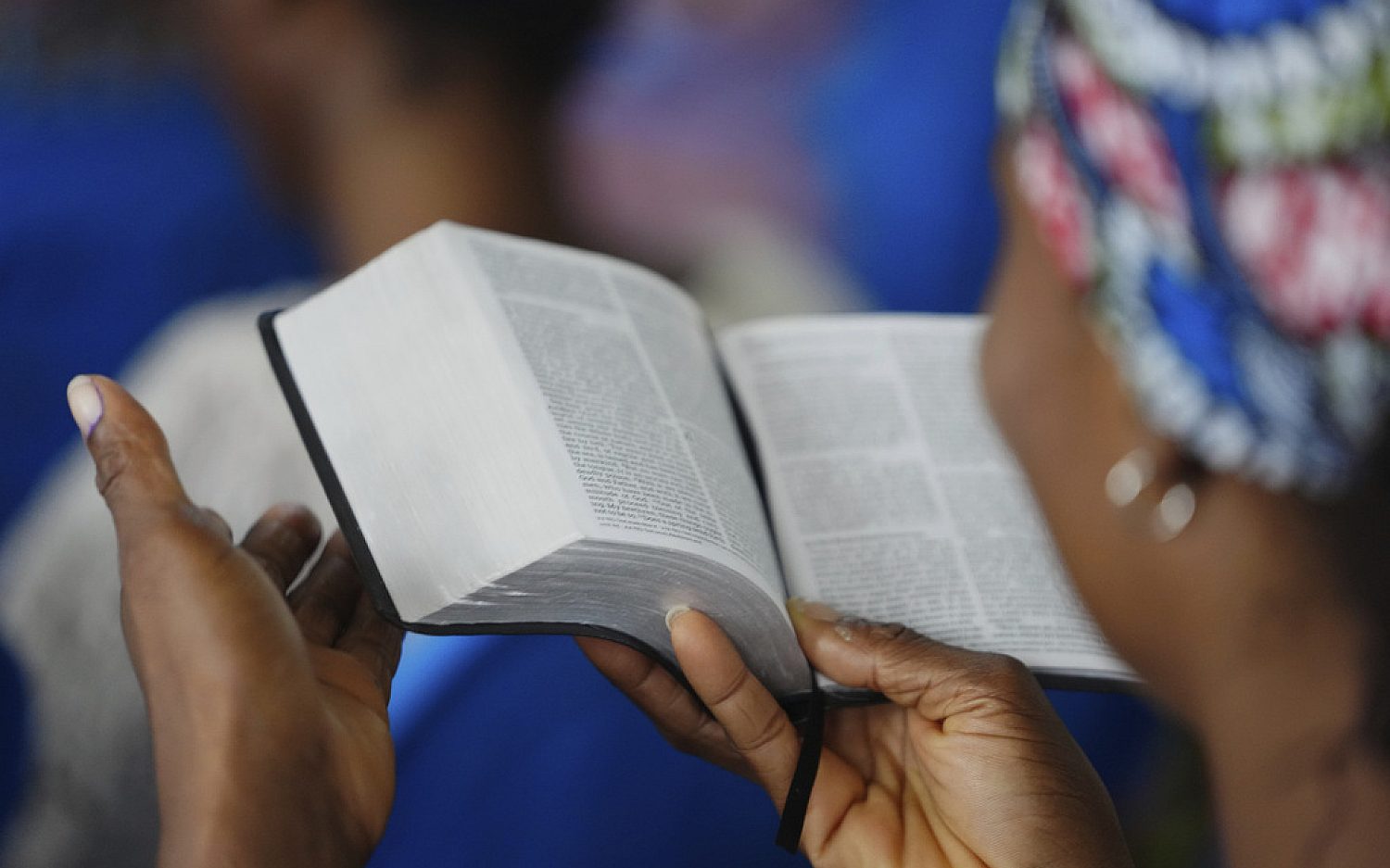Nigeria suspends law regulating church leaders
Controversial code requires pastors to step down after 20 years
ABUJA, Nigeria—Nigeria’s government has suspended a corporate governance code decried by Christian groups and other nonprofits as an attempt to control them.
The code’s suspension and public backlash came after Pastor Enoch Adeboye of Redeemed Christian Church of God (RCCG) over the weekend named a new church leader in accordance with the code. Adeboye, who has led RCCG for more than 20 years, announced he would become the church’s global overseer.
The Nigerian Senate in 2011 passed the Financial Reporting Council Bill, which gave lawmakers power to enforce principles of corporate governance for the country’s public and private companies. The council proposed expanding the governance code to include nonprofits in 2014, and it went into effect in October.
The nonprofit code, among other things, states the founder or leader of a nonprofit cannot lead the board of trustees, governing council, and executive management, in a bid to ensure separation of powers and accountability. It also says leaders can neither appoint family members as successors nor stay in authority for more than 20 years, or beyond the age of 70.
The code also states it does not intend to change the leadership, “in the case of religious or cultural organizations.” But religious leaders have said the government should not have any interference in the church’s operations in the first place. Rev. Musa Asake, the national secretary general of the Christian Association of Nigeria, said he understands the government’s involvement when church-owned schools or businesses have to pay taxes, but anything beyond that is interference.
“The church is a spiritual body, so the government can’t dictate or tell the Church how to govern,” Asake said.
The Pentecostal Fellowship of Nigeria in a statement today commended the code’s suspension and said it hopes the government will review the contentious issues in the regulation.
Olusegun Sotola, a researcher with the Institute for Public Policy Analysis, said properly implemented governance codes ensure financial transparency across sectors. But Nigeria’s governance code has proved controversial, he said, because it’s impractical to remove the leader of a nonprofit simply because he has led it for 20 years. In the private sector, people have complained about the code’s restrictions on who can assume leadership and the nomination of directors, among other issues, he explained. Sotola called for the council to adopt less stringent regulations that respect the work of churches and other nonprofits.
“If the real intention is transparency, there are other ways they can do it,” Sotola said. “Spiritual leadership is divine, so the government needs to separate divine leadership from the managerial aspect of (churches), in terms of their finances.”
Following Adeboye’s resignation and mass backlash, the government on Monday suspended Jim Obazee, the Financial Reporting Council’s executive secretary. The House of Representatives on Tuesday moved to debate the code, particularly how it relates to nonprofits.
“This has called for the urgent need to discuss it and save the country this needless embarrassment,” said Minority Leader Leo Ogor.
An actual newsletter worth subscribing to instead of just a collection of links. —Adam
Sign up to receive The Sift email newsletter each weekday morning for the latest headlines from WORLD’s breaking news team.





Please wait while we load the latest comments...
Comments
Please register, subscribe, or log in to comment on this article.